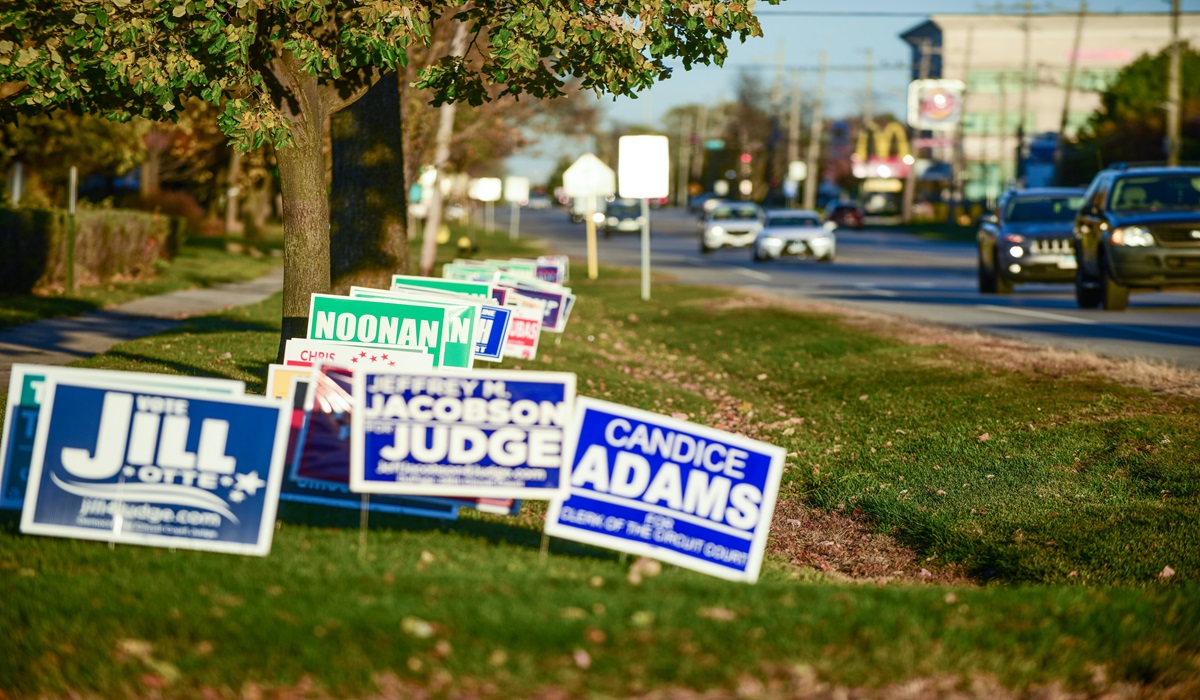Image Credit, Michael Carruth
Before they were elected, they were the neighbourhood champion. They were the type of person who would say, “I’m for the people. Call me when you need anything,” and genuinely mean it. Always there, listening to concerns, attending local events, and making everyone feel heard and valued.
But once they get elected, it seems like an oxymoron to describe them as accessible. The transformation is swift and stark. While a minuscule few actually stay true to their promises and remain connected and responsive, the rest become almost unrecognizable. They insulate themselves with layers of bureaucracy, citing endless reasons why they can’t address every issue or attend every event.
Now, the city council member, once invasive in their community engagement, doesn’t answer phone calls. When they do, it’s usually weeks, sometimes months later. Emails often go unanswered. On the rare occasion, you do manage to get a response, it feels like you’re dealing with someone in the Witness Protection Program, so secretive and unreachable they have become.
It seems that once politicians get elected, it’s more about staying away than staying connected, regardless of whether they’re serving at the municipal, state, or federal level. They make it so difficult to get a hold of them, it’s as if they’ve built an impenetrable wall between themselves and the people they vowed to represent.
But there’s a secret to breaking through this wall. To get their attention, you have to dangle a carrot in front of their eyes—let them know you’re hosting an event and want them to speak, or that you’re opening a new location and need them to cut the ribbon. Maybe you want to honor them with an award for their outstanding community service. It’s all transactional.
“Can I get my name and photo in the paper? On the local news?” they inquire. This is the language they understand: money, publicity, and ego-boosting. If you want to get a hold of those elusive politicians, you have to play their game. It’s a harsh reality, but many of our politicians only reinforce the reasons why people distrust them.
Once they’re in office, their lofty promises of accessibility and transparency often give way to a focus on self-preservation and image management. Instead of being the open, approachable figures they once were, they become shrouded in layers of red tape and formalities, making genuine connection almost impossible.
This disillusionment with elected officials is widespread. Many people feel betrayed by the very individuals they helped put into power. The promises of being a voice for the community, of maintaining an open line of communication, are often broken, leaving constituents feeling abandoned and unheard.
But perhaps the most disheartening part is the realization that for many politicians, their public service has become less about serving the public and more about serving their own interests. The need for constant ego-stroking, the pursuit of personal accolades, and the insatiable hunger for media coverage have overshadowed the true essence of their roles.
To navigate this disheartening landscape, one must understand the transactional nature of modern politics. To get a politician’s attention, you have to appeal to their desires for recognition and publicity. Organizing events, offering awards, and ensuring media coverage are just some of the ways to break through their self-imposed barriers.
The notion of an accessible politician often feels like an oxymoron. While some remain true to their word, most become distant and unreachable once in office. The layers of bureaucracy they wrap themselves in serve as both a shield and a barrier, making it difficult for constituents to connect with them. To engage with these elusive figures, one must understand and navigate the transactional dynamics at play, despite the unfortunate reality that this reinforces the very reasons why people have come to distrust their elected officials.









